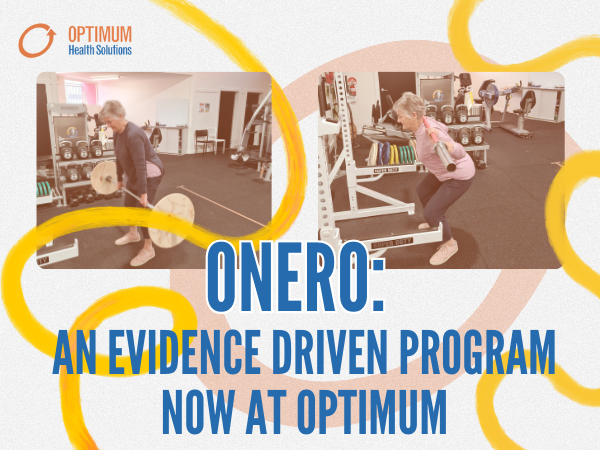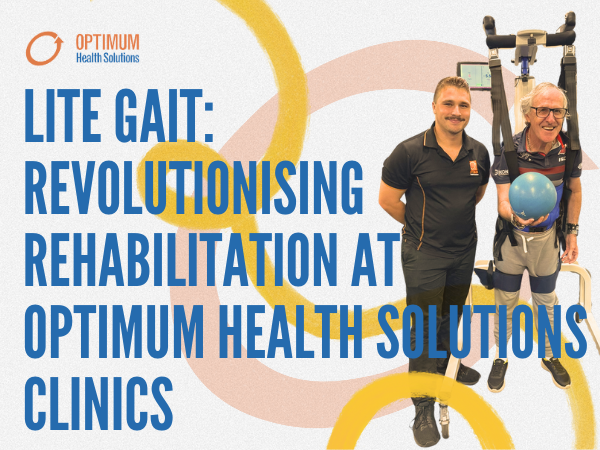As an Accredited Practising Dietitian this is a question I encounter a number of times each day, from clients desperate to achieve weight loss. In a society plagued by fad diets and quick fixes, it’s of no surprise. Is it the Atkins diet the key? Or the Mediterranean diet? A strictly low fat or low carbohydrate diet? All of these dieting approaches are common amongst celebrities and the general population, but is one better than the other?
Studies have been conducted over the last decade to analyse dietary weight loss approaches with different compositions of fat, protein and carbohydrates. A common finding arises in the research: reduced calorie eating will result in clinically significant weight loss. This is to be expected, but what about high fat, low fat, high carb or low carb? Recent research shows no significant long term difference between any of these reduced calorie approaches. Total energy remains the most important determinant, not the ratio of carbohydrates or fat.
So you may be wondering, what’s the best approach? A very interesting recurring theme appears in the research: The best dietary approach for weight loss is one that you can adhere to. It makes sense when you think about it. For any reader who has tried any of the diets mentioned above, how long did you keep it up? Does anyone ever expect to restrict themselves to one serve of carbohydrate or only 10g of fat per day for the rest of their life? This is obviously not sustainable, and as you would expect, nine times out of ten, any weight loss achieved may gradually come right back on.
Let’s think about the word ‘diet’ or the act of ‘dieting.’ They insinuate a temporary solution. A temporary dietary reduction will help you lose weight, but it will do nothing to help maintain your new weight for the rest of your life. As we learned earlier, the best dietary approach for weight loss is one that you can adhere to. Not one of my clients has a goal that entails losing weight for only a short period of time, and then putting it straight back on again. So why is it that this is exactly what happens for many individuals? To lose weight and keep it off, we need to embark on lifestyle changes.
The best approach is to ensure you engage in healthy eating. Consuming adequate fruit and vegetables, a good spread of quality carbohydrates, lean sources of protein, small amounts of healthy fats, plenty of water and choosing mostly unrefined foods. Many chronic conditions will require a more directed approach. Once these boxes are ticked, the diet and exercise regime needs to then be individualised to encourage gradual weight reduction as part of overarching lifestyle change.
The ultimate question to ask yourself is not, “What diet is the best to lose weight?” Rather, it should be, “What mindset do I need to change in order to maintain a new lifestyle for the rest of my life?”








